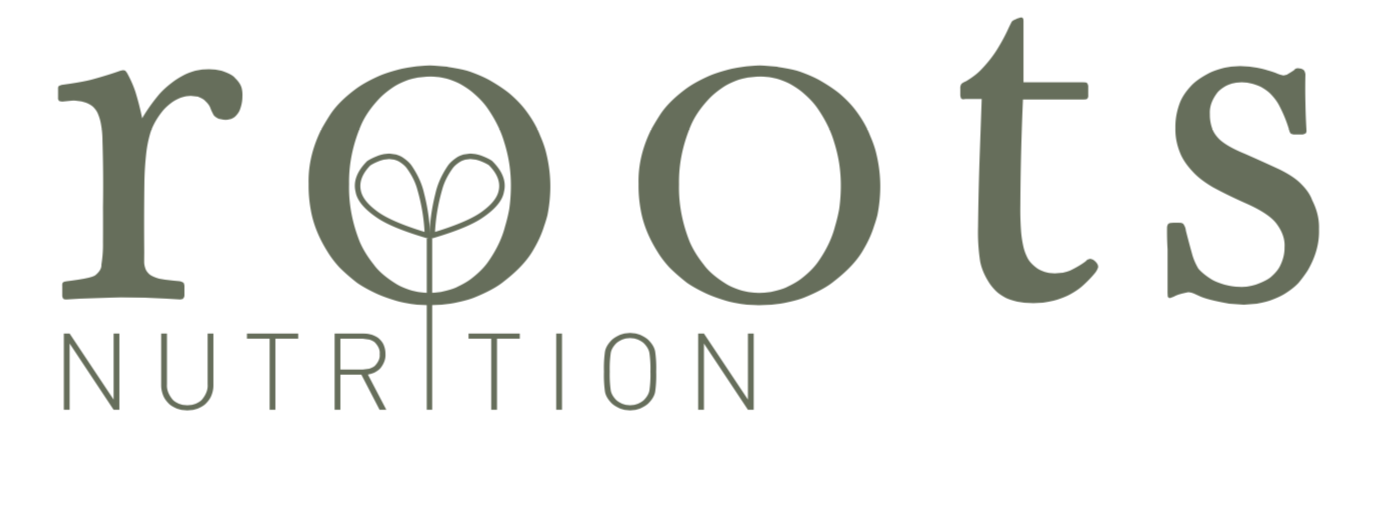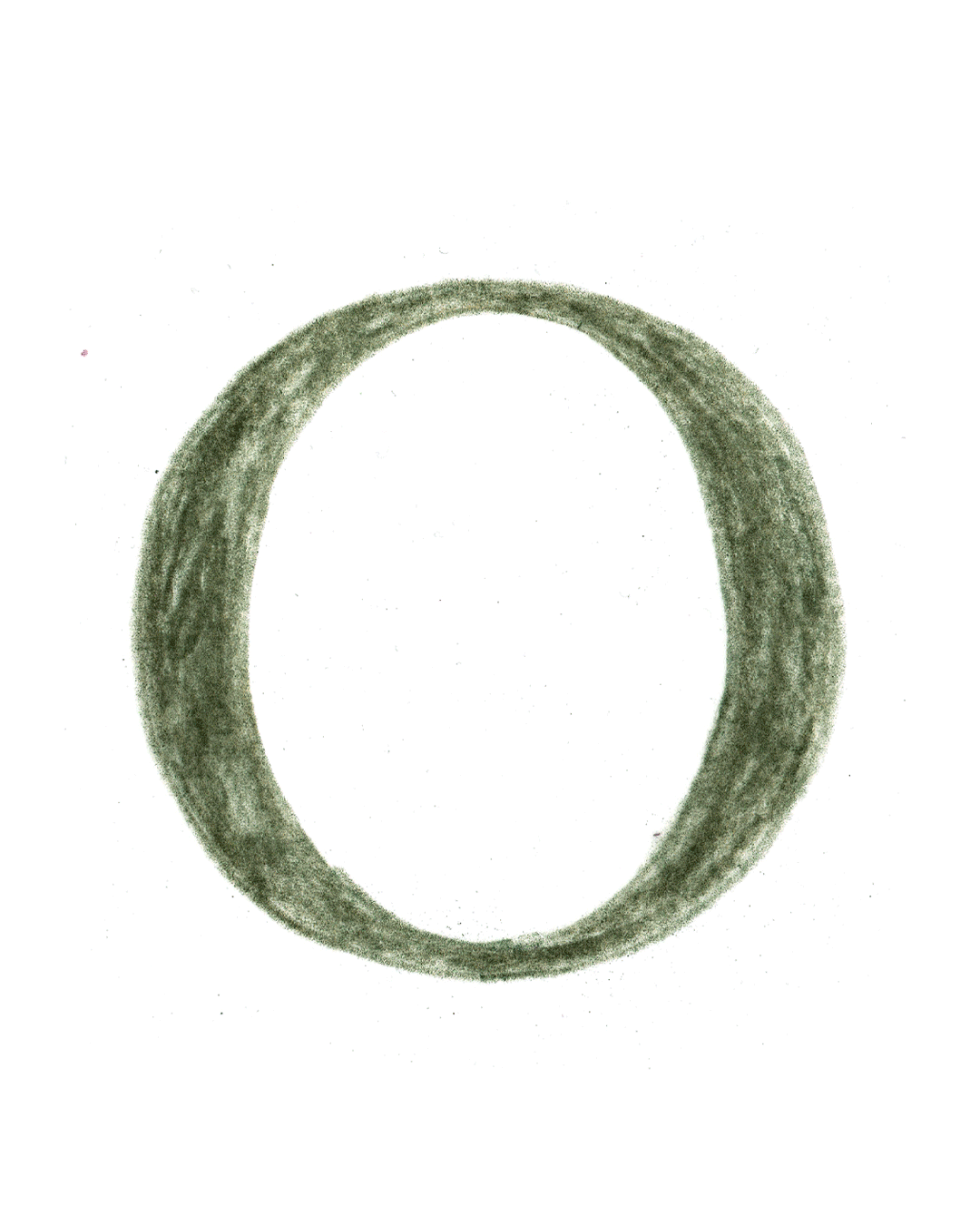När glutenfri kost inte räcker
/Jonas resa tillbaka till energi, balans och glad mage
Jag har fått lov att berätta Jonas historia här. Han hoppas att han kan motivera fler till att ta tag i sin mage-tarm hälsa och att det finns alternativ som fungerar.
I november 2024 fick Jonas, 37 år, sin celiakidiagnos.
Efter flera år av diffusa symtom, IBS diagnos, trötthet och magbesvär kände han först en lättnad, äntligen fanns det en förklaring. Han hade själv försökt med FODMAP en period och även att äta mejerifritt. Efter sin celiakidiagnos började Jonas med strikt glutenfri kost som läkare och dietist sade och gjorde allt rätt. Men ändå uteblev förbättringens han hoppats på. Energin var fortfarande låg, magen orolig och avföringen långt ifrån stabil.
Det var då han hörde av sig till mig, i februari 2025. Han beklagade sig för en kollega på jobbet en dag och hon rekommenderade att han hörde av sig till mig.
När symtomen inte ger med sig behöver vi titta djupare
För många med celiaki förbättras symtomen snabbt när gluten utesluts.
Men för en betydande grupp finns kvarstående magetarmproblem trots strikt kost. Tarmslemhinnan kan vara skadad, tarmfloran rubbad eller matsmältningen påverkad och då behövs mer än bara glutenfri mat. Dessutom kan kroppen vara tom många näringsämnen som t.ex. det fettlösliga vitamin D, E, A och K. Men även låga järnvärden är låga. Detta behöver oftast stöttas lite extra för att man ska må bra igen.
För Jonas valde vi att gå vidare med ett GI-MAP som är ett DNA-baserat avföringstest som ger en detaljerad bild av tarmmiljön, matsmältningen och immunförsvaret i tarmen.
Testsvaret visade orsakerna bakom hans symtom
GI-MAP resultatet visade:
Helicobacter pylori: en bakterie som kan påverka magsyra, matsmältning och ge uppblåsthet, illamående, sura uppstötningar och trötthet.
E. coli-överväxt: när vissa E. coli-stammar växer till skapas irritation och obalans.
Dysbios: rubbad balans mellan goda och mindre gynnsamma bakterier.
Matsmältningsproblematik: tecken på att han inte bröt ner maten optimalt.
Det här var pusselbitar som förklarade varför han fortfarande mådde dåligt trots glutenfri kost, tarmen hade helt enkelt inte läkt och fungerade som den skulle.
En individuell plan för att återställa balansen
Tillsammans med Jonas arbetade vi i en strukturerad ordning:
1. Eliminerade H. pylori, E. coli och dysbios
Med hjälp av riktade naturbaserade protokoll skapade vi en miljö där de problematiska bakterierna inte längre kunde dominera.
2. Stöttade matsmältningen
Vi hjälpte kroppen att bryta ner maten bättre, något som är avgörande både för näringsupptag och för att minska symtom som gaser och uppblåsthet.
3. Återställde tarmens balans och lugn
Genom kost, livsstil och anpassade tillskott och gradvisa förändringar fick Jonas tillbaka trygghet i vad han kunde äta och hur han mådde.
Resultatet Blev: Mer Energi, normal avföring och matglädje!
Efter några månader hade Jonas:
✨ Stabil energi
✨ En lugn mage
✨ Normal avföring
✨ Fått tillbaka sin trygghet i matval
✨ Mindre oro kring vad han tål och inte. En förståelse runt vad Jonas är känslig för och när tarmen behöver extra stöd.
Det här är ofta vändpunkten för många, när kroppen börjar samarbeta igen.
Sista pusselbiten: Näringsstatus och fettsyror
När magen var lugn och tarmbalansen återställd analyserade vi Jonas näringsstatus och även fettsyror.
Vi såg framförallt två viktiga områden:
D-vitamin behövde höjas: vanligt hos både celiaki-patienter och personer med tidigare tarmstress.
Omega-3 låg lågt: viktigt för inflammation, hjärnhälsa, omsättning av hormoner och magetarmhälsa.
Med rätt doser fick vi ännu mer skjuts på återhämtningen.
varför Jonas historia är så viktig
Idag mår Jonas bra, känner sig mer i balans och har hittat tillbaka till en vardag där mat inte längre är en källa till oro eller obehag.
Hans historia är långt ifrån unik.
Många med celiaki eller långvariga magbesvär behöver mer än generella råd, de behöver en individuell kartläggning av vad som pågår i just deras tarm.
När vi följer kroppens signaler och jobbar steg för steg kan resultatet bli livsförändrande.
Vill du att jag hjälper dig på samma sätt?
Du är varmt välkommen att boka ett första samtal, så tar vi reda på vad du behöver för att må bättre. Du kan boka ett kostnadsfritt lära känna samtal här



